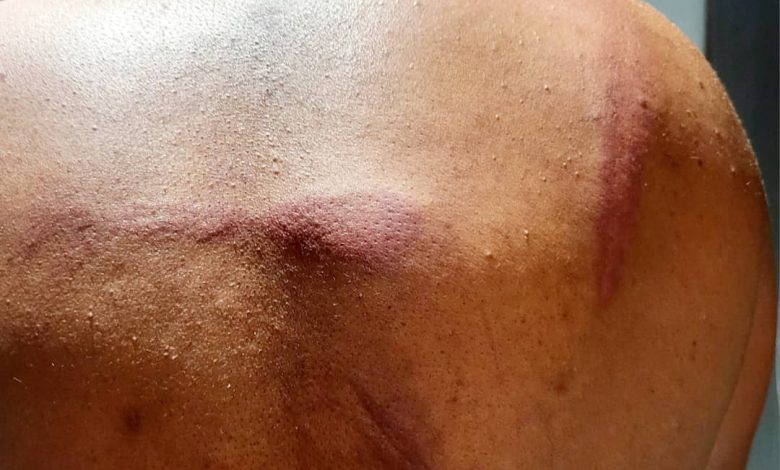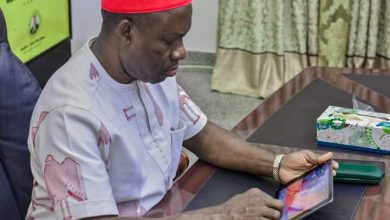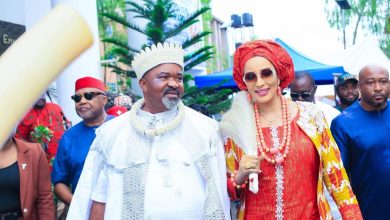
By ULOKA, Chibuike
In the words of Malala Yousafzai, the Pakistani human rights and female education activist, “Human rights are not a privilege; they are a right. And we must fight tirelessly to protect them.”
I was shocked when the police (SWAT) informed me that if I had been inside my car, they would have identified me and not treated me the way they did. Apparently, riding a motorbike was enough reason for them to treat me like an insect. Human rights in the Southeast have become a privilege for the affluent and a luxury for ordinary Nigerians. This is really sad!
Over the past few years, I have been a vocal advocate both for the police and for reforming the institution. My argument for reform is rooted in the fact that since its establishment in 1930 by colonial masters for the purpose of oppression, the Nigerian police, despite Nigeria’s independence, has continued to operate with the same oppressive template. The lack of tangible reorientation has allowed some officers to view Nigerians as “ordinary” and victims, with no regard for their fundamental human rights. The flawed recruitment process contributes to this, as it often selects academically inadequate individuals to police society, ignoring their many deficiencies. Despite these flaws, during events like #ENDSARS, I have defended the police, arguing that they, too, are victims of a system that lacks proper governance. Nigeria still relies on outdated colonial mechanisms of oppression rather than developing a structured and effective police system.
My recent ordeal at the hands of overzealous, academically deficient, and rogues in uniform—a harrowing experience with officers now under the guise of SWAT—has necessitated a renewed discussion about the policing system, particularly in the Southeast.
This incident, involving brutality and a near-death experience, raises critical questions: Why was SARS disbanded in the first place?
While I have chosen not to pursue individual justice through the courts, I believe my experience is crucial in sparking a broader conversation about police excesses in the Southeast and beyond. The police informed me that merely being an average Nigerian on a motorcycle stripped me of my fundamental rights as a citizen, leading to baseless charges of being an IPOB member attempting to disarm police officers lawfully performing their duties. If this could happen to me, it could happen to any other ordinary citizen. This should concern us all deeply. For me, freedom and equality are non-negotiable conditions for existence.
Rather than dampening my hope in Nigeria and its police, this incident has galvanized me to lead a crusade for a roundtable discussion and actionable plan to ensure the safety of young Nigerians, particularly in the Southeast, who have become endangered due to regional political dynamics and the actions of others. In September and October, through Transparency Youth Advocates, we will host a summit addressing police brutality and wrongful charges, inviting government officials, police stakeholders, and victims to share their testimonies.
Evil persists when good people remain silent. I refuse to be silent, because I am a victim.
ULOKA, Chibuike
Former Senior Special Assistant (SSA) to Governor Obiano and Presidential spokesperson




